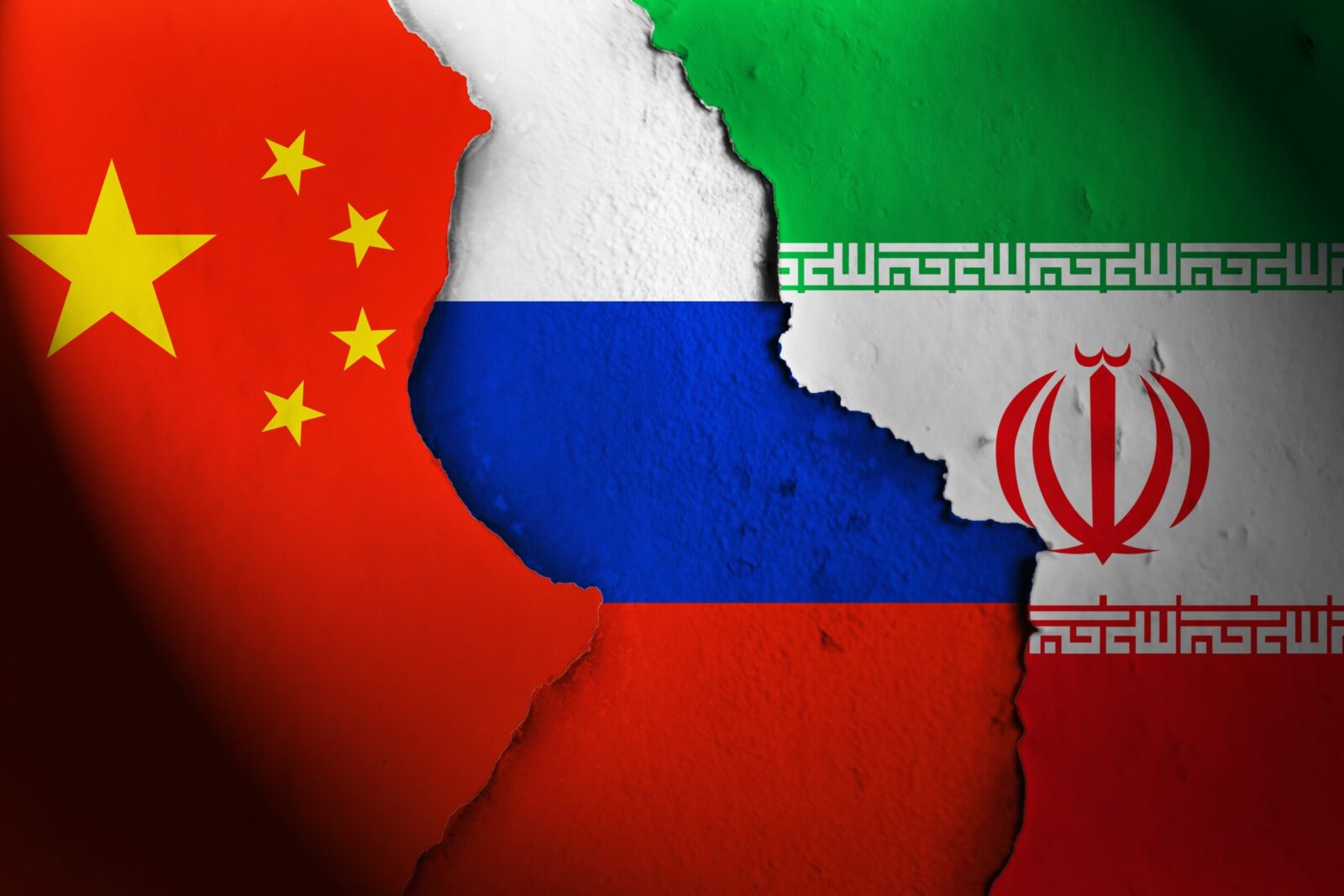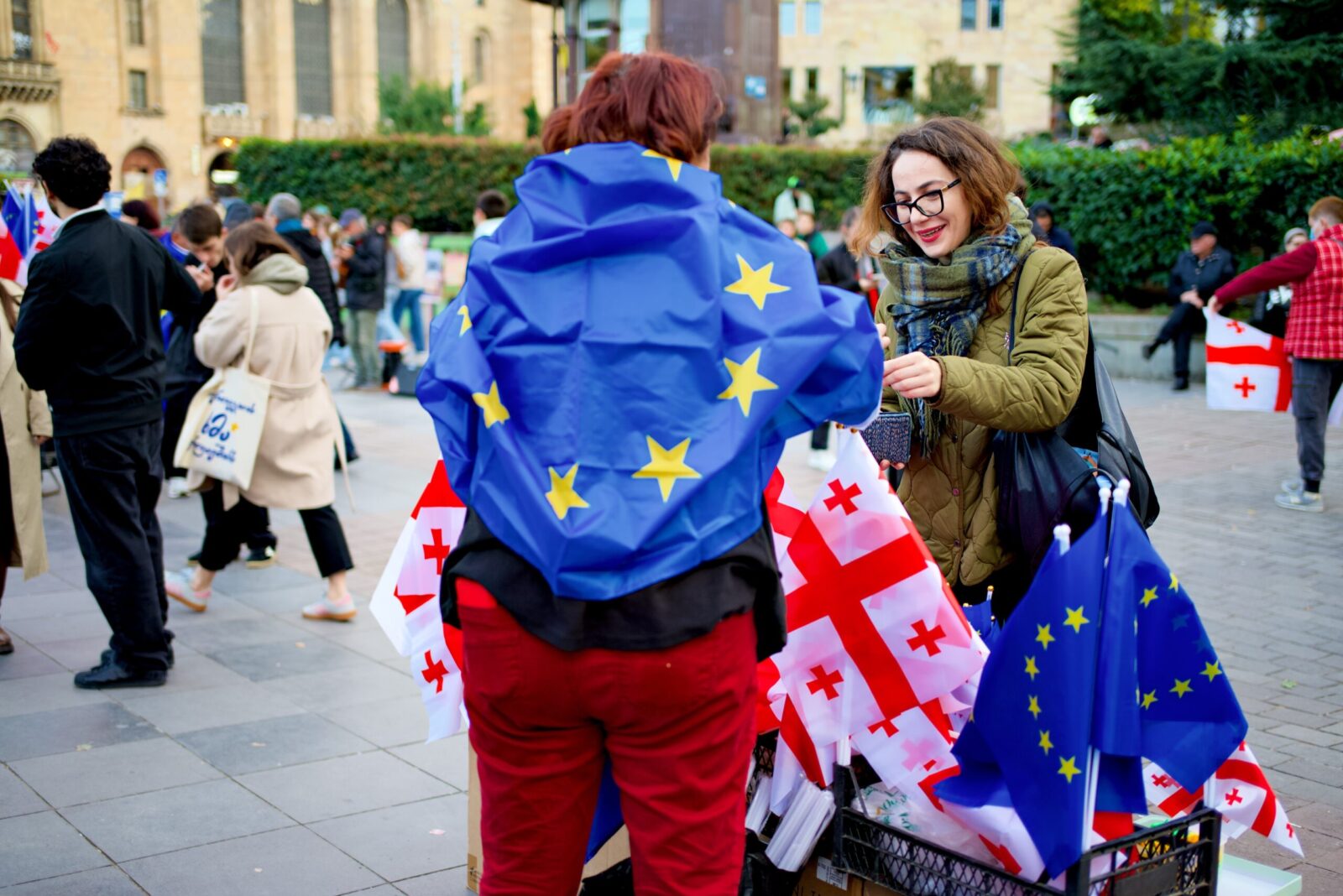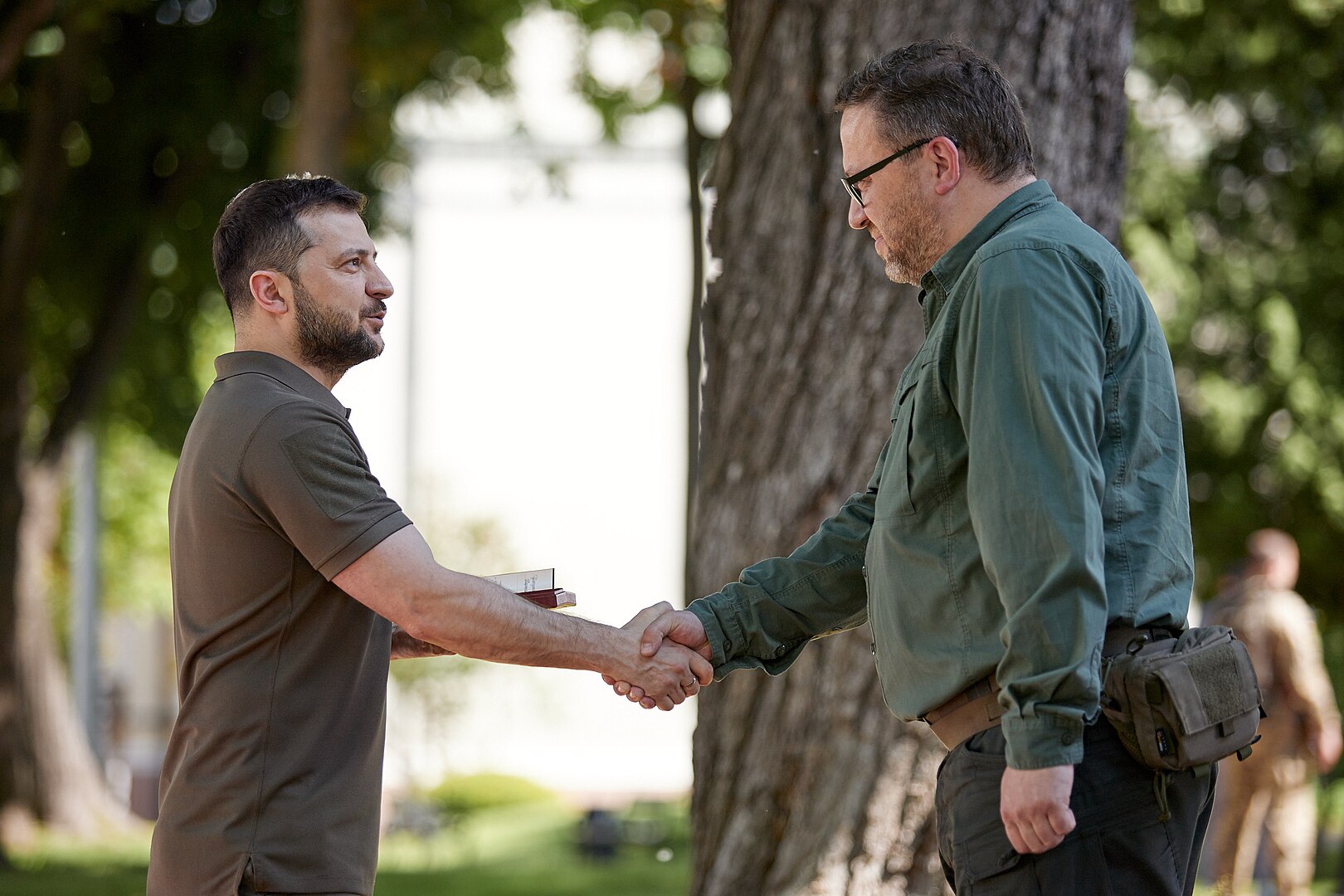- Brief Eastern Europe
- Posts
- 📩 What the 2024 US election means for CEE
📩 What the 2024 US election means for CEE
Plus: Sandu secures the win
In partnership with
DEAR READER,
Another night with a close race in Moldova! Maia Sandu has secured her victory in the presidential runoff, with 55.37% of the vote. This election was once again characterized by accusations of Russia meddling in the elections, but the most decisive factor was the expat vote – just as we saw in the referendum. Two weeks ago we said that the initial first-round results shouldn’t give Sandu and her team too much confidence. But today, with the referendum won and Sandu’s next presidential term secured, Moldova has proven that they are committed to going on a pro-Western path. Gaining strength through this victory and fighting against Russian propaganda will be crucial for Moldova’s preparation for the parliamentary election next year. In contrast, Georgia faces post-election uncertainty, with signs that the ruling Georgian Dream party will continue as usual, despite growing evidence of election meddling.
And speaking of close races – one is coming up tomorrow in the United States. This week, our expert opinion will focus on the potential implications of the US election on our region. Adam Reichardt, Editor-in-Chief of New Eastern Europe, will go over two scenarios, noting why this election could be a challenge for Central and Eastern Europe no matter who wins. Despite this week’s pessimistic outlook, I am holding on to a bit of hope that things in the world might change for the better.
On a lighter note, we launched a reader survey last week, and we have already received some wonderful feedback. Our reader Nicholas had this to say: “Brief [Eastern Europe] is a very digestible summary of important news. But it’s much more than just bullet-points, it also offers useful editorial insight behind the news. I really appreciate this coverage, which would otherwise take a lot more searching to find.” Thank you, Nicholas, for your kind words! It means a lot, especially as we’re only two months in and we are building a dedicated following already! Want to share your thoughts on Brief Eastern Europe? Head over to our short survey, we promise we read all the responses.
Lastly, mark your calendars! On November 14 at 19:00 CET, we will host a live session of Talk Eastern Europe to celebrate the 200th episode of our podcast. Join us to chat with our hosts, ask questions, and connect with a community of our fellow listeners. Stay tuned for more details!
Enjoy reading this week’s “brief”!
— Giorgi Beroshvili, Editor
TOP STORIES OF THE WEEK
🇪🇺 The European Commission adopted a 2024 enlargement package. President Ursula von der Leyen has noted that EU enlargement is a strategic priority amid geopolitical challenges in the region. Key developments in this package include Albania opening negotiations on rule of law reforms and Bosnia launching talks on migration and judiciary transparency. Ukraine and Moldova have started screenings for 2025 negotiations, while Georgia is facing delays due to electoral issues.
🇰🇵 / 🇷🇺 North Korean Foreign Minister Choe Son Hui met with Russian Foreign Minister Sergey Lavrov in Moscow on Friday. The Foreign Minister pledged North Korea’s support for Russia until it achieves “victory” in Ukraine. Reports of North Korean troops being deployed in Ukraine and recent long-range missile tests are raising alarm amid the US elections.
🇪🇪 EU member states, led by Estonia, conducted a coordinated crisis exercise. The exercise tested response strategies, including the phases of evacuation and diplomatic efforts, to strengthen EU crisis preparedness and coordination. Priit Saar, Estonia's deputy director for national security, stated that the exercise enhanced Estonia's confidence in receiving support during crises.
🇧🇾 Belarusian lawmakers scheduled the next presidential election for January 26. Aleksandr Lukashenko said that he aims to run for his seventh consecutive term. Opposition leader Sviatlana Tsikhanouskaya condemned the election as a "farce." It’s important to note that Belarusians voted in parliamentary elections this year, where all four parties on the ballot supported Lukashenko’s regime, following his dissolution of opposition parties after the fraudlent 2020 presidential elections.
🇷🇺 / 🇺🇦 Russia launched over 2,000 strike drones against Ukraine in October. According to the General Staff, out of the 2,023 drones recorded, 1,185 were shot down, while 738 were lost and 29 returned to Russian airspace. Experts warn that Moscow's increased use of drones instead of missiles may indicate a large-scale aerial attack in the near future.
EXPERT OPINION
What the 2024 US election means for Central and Eastern Europe

This week Americans go to the polls in one of the most anticipated democratic elections of our time. The stakes for both the United States and the rest of the world couldn’t be any higher. As of writing this commentary, there is no clear front-runner in the race, and determining who will be the 47th president is likely to take some time. Once all the votes are counted and the emotions finally die down, a new administration will take office in January 2025. The consequences of this election will have huge significance for Central and Eastern Europe, and Europe as a whole. The direction of US foreign policy, particularly its impact on European security, could shift dramatically depending on who wins.
On one hand is Donald Trump, who has promised to end the brutal war in Ukraine. He has claimed that he can do it within 24 hours of being elected (even before taking office!). However, details on how he intends to achieve this remain vague. Many speculate that Trump and the Republicans, if they have enough power, will suspend all aid to Ukraine should Kyiv refuse to negotiate with the Kremlin. Most understand that any immediate ceasefire would only benefit Russia, allowing it to hold on to Ukrainian territories it currently occupies, enabling Vladimir Putin to declare a (partial) victory. Certainly not an ideal scenario for Kyiv.
If a ceasefire were agreed upon, the Trump Administration would likely turn its attention elsewhere, as part of a retraction of American foreign policy into a more isolationist stance. This means less support for European partners, not to mention US support for NATO. This could lead to what Alexander Vindman illustrated in his essay in Foreign Affairs: “US detachment from Ukraine and Europe could cause the war to devolve into a wider conflict”. Trump and his team are known critics of European defence, and by withdrawing support, it could leave Europe vulnerable. Many in Europe see this as an inevitable outcome, and we now hear more voices calling for Europe to get its act together to develop a viable defence industry in order to defend itself against any possible Russian attack.
On the other hand is Kamala Harris, the current vice president in the Joe Biden Administration. In the case of a Harris victory, most analysts predict a “more of the same” approach to Ukraine and the region. This means maintaining some level of support for Ukraine in its defence and reassuring allies that the US is committed to NATO’s Article 5.
At the same time, we often hear criticism that the current approach is not enough for Ukraine to secure a decisive victory. For example, restrictions on the use of Western-supplied long-range weapons to strike targets within Russia are forcing Ukraine to fight with one arm tied behind its back. Most experts believe that Washington fears escalation with Russia, which could lead to a wider conflict. Whether a Harris administration would adopt a more confrontational stance and substantially increase aid, alongside European partners — possibly supporting a Ukrainian counter-offensive — remains to be seen.
While there are so many other factors we need to consider in these two scenarios (North Korean troops in Russia, for example) – no matter who wins this week, the outcome will not be incredibly positive for Central and Eastern Europe. Thankfully, Trump’s rhetoric has had one notable effect – it has forced Europeans to be more proactive and take greater responsibility for their own security. While this could mean more support for Ukraine in the long run, it also suggests that Europe may face difficult decisions in the near future. Recently, during a meeting of Polish and German experts, a German Bundestag member noted that German Armed Forces are actively preparing for a possible conflict in 2029. This was not hyperbole, but rather a sober assessment of the current security landscape.
Thus, finding optimism in this age of uncertainty is the challenge we all now face. Perhaps the outcome of this week’s US election could be the first step in this search for optimism, but I wouldn’t hold my breath.
— Adam Reichardt, Editor in Chief at New Eastern Europe

Want instant access to premium articles from New Eastern Europe? It’s easy! Just invite a friend to join Brief Eastern Europe and you’ll unlock exclusive articles, insights, and more. Plus, you’ll be helping us keep more people informed. 🎁
You currently have 0 referrals, only 1 away from receiving Online access.
Copy & paste this link: https://briefeasterneurope.beehiiv.com/subscribe?ref=PLACEHOLDER
ARTICLES OF THE WEEK
A MESSAGE FROM OUR PARTNER
Daily news coverage of the most important developments in Poland
Weekly and monthly newsletters from the country and the region
Regular in-depth analyses, expert opinion pieces and podcasts
CARTOON OF THE WEEK

Illustration by Andrzej Zaręba
The stars have aligned. We often share Andrzej’s illustrations on our X/Twitter, you can see more of his drawings here.





